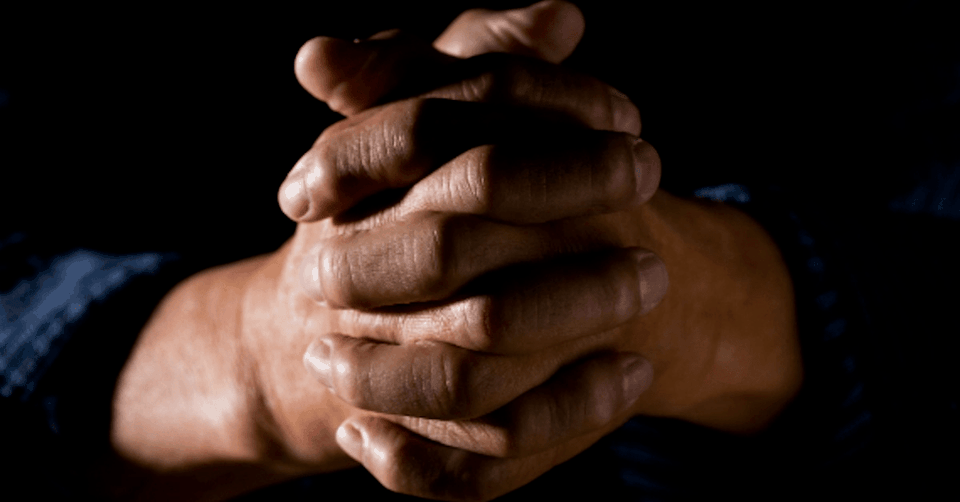What Does Hebrews 4:12-16 Teach Us about Prayer?

Yeah, this is a very important passage because it comes upon that passage I think very kindly and politely and most of us get wrong. It's on that passage that deals with and the Word of God and living, and active, and sharper than any two-edged sword, that it divides the joint from marrow. And that next verse goes on to say and it knows the very intention of our hearts.
So here we have to ask the question, is this passage speaking about the Bible or is it referring to as John would refer to Jesus as the word of God, the word of God incarnate or the word of God personified. So what you're supposed to do is see this Jesus as the word of God incarnate, this word of God personified. And he is so divine that he knows the thoughts and intentions of your heart.
And if he knows that, then he knows how wicked I am, he knows how wicked you are, and you're supposed to be thinking to yourself if he knows how wicked I am, if he knows how deplorable I am, then how can I be his? And then the author of Hebrews backs us up with a statement of theological comfort. He says Jesus is also not only is he that divine God who knows all, he knows the very thoughts and intentions of your heart, but he is also one who has come from the heaven's incarnation.
Jesus, as the divine one who adds humanity to his divinity in the incarnation now comes to us as our great high priest who can sympathize with us in our weaknesses because he was tested in all ways just as we are. And so it's this moment of comfort that says just as Christ is the sovereign one who knows our thoughts, who knows our intentions, who knows our wickedness, he is also our great high priest who can sympathize and identify with us.
And because he is that, we can enter into ... and here's where we remember the difficulty of the Old Covenant, the worshiper could enter into the first layer of the curtain, he could offer his sacrifice there at the door. But then the priest turned him away. He could never enter into the Holy of Holies where the presence of God was. But through Jesus Christ, through his perfection, through his righteousness, through his priestly intercessory work on the cross, the veil is torn in two so that the worshiper, you and I, are no longer held at arm's length.
We're no longer turned away at the first curtain, but through Christ the temple system has been dismantled and we are brought face to face with the living God. So in our prayers, through Christ, our prayers are brought to the very face of God, the Father, so that through Christ we have this access in a place, in a position in which the Old Testament Saints did not. So our prayers, we can be confident they reach God, the Father, because of the work of Jesus Christ, the son. He is that magnificent of a great high priest.
Originally published September 26, 2018.

